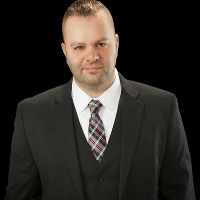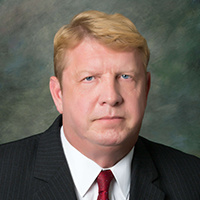Taneytown Felony Lawyer, Maryland
Sponsored Law Firm
-
 x
x

Click For More Info:
-
Roper & DiBlasio LLP
401 Headquarters Dr Ste 202 Millersville, MD 21108» view mapDivorce and Family Law Our Mission is Your Success
Roper & DiBlasio is a general practice law firm working within the local community to assist businesses, homeowners, and individuals with their legal needs.
800-785-7781
Oleg Fastovsky
Oleg Fastovsky is a lawyer in the state of Maryland who handles Criminal cases. He has tried cases in the areas of assault, drug charges, DUI, felon... (more)
Charles L. Waechter
✓ VERIFIEDBaltimore Criminal Defense Law Firm If you face criminal charges, an experienced and respected defense lawyer can help protect your rights, evaluat... (more)
Kush Arora
Kush Arora is a lawyer in the state of Maryland who focuses on Criminal cases. He has tried cases in the areas of assault, DUI, drug charges, bur... (more)
James E. Crawford
✓ VERIFIED**Helping Good People in Tough Situations Since 1992** My name is Jim Crawford. I founded the Law Office of James E. Crawford, Jr., & Associates --... (more)
FREE CONSULTATION
CONTACTFREE CONSULTATION
CONTACTFREE CONSULTATION
CONTACTFREE CONSULTATION
CONTACT Kurt Roper Millersville, MD
Kurt Roper Millersville, MD Practice AreasExpertise
Practice AreasExpertise






